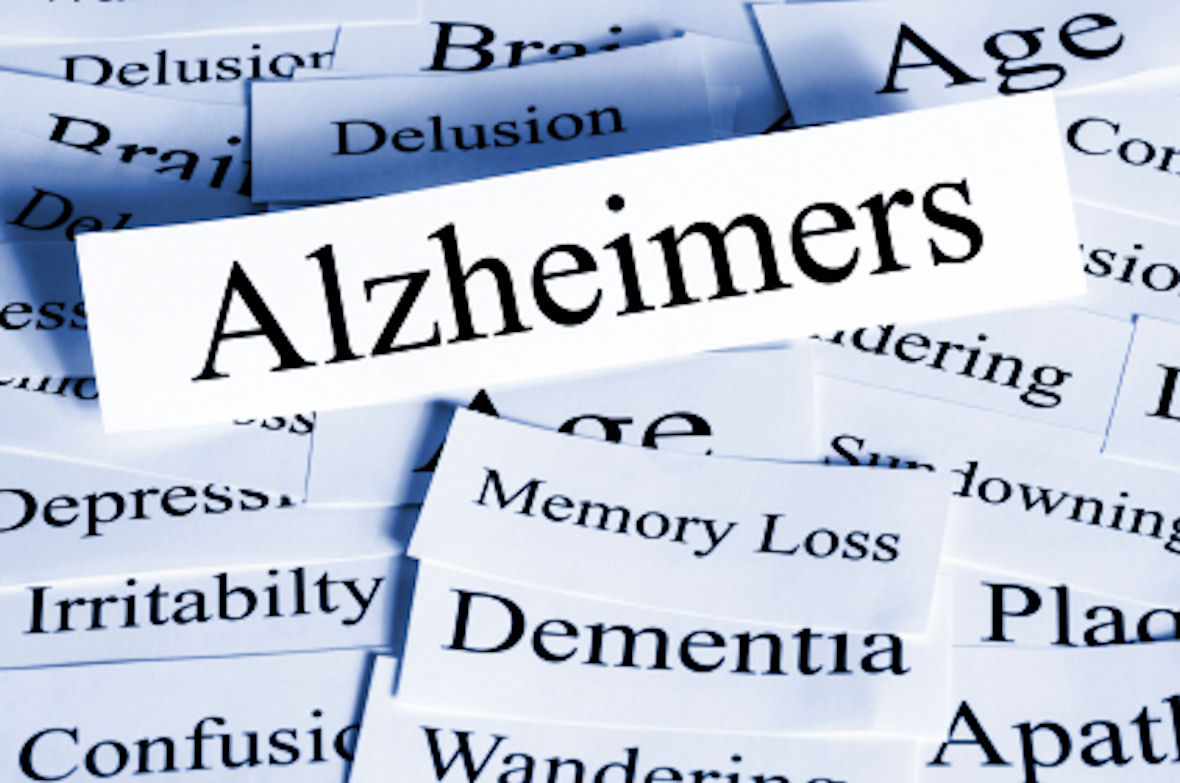While the underlying cause of the behavioral symptoms of Alzheimer’s disease and related dementias is the illness itself—changes in the brain due to the death of brain cells, there are multiple other factors that may trigger the various behaviors and emotions that can unfold during the progression of the disease. Understanding the cause and effect can help family and professional caregivers better manage situations that may arise.
Reaction to Loss:
We all rely on input from our environment to guide us in activities and relationships. An individual with dementia has lost both the benefit of such input and the ability to inform us of their internal world. This absence causes fear, insecurity and frustration, which may present in the form of aggression and agitated behavior.
Some Suggestions:
- Provide reassurance.
- Speak in a calm voice.
- Promote a sense of security and comfort.
Inability to Meet Basic Needs:
As a result of cognitive impairment and psychiatric symptoms, a person’s basic needs might not be met. The resulting hunger, dehydration, elimination problems and fatigue can produce behavioral changes. Individuals with dementia may stay hungry because of, for example, their inability to feed themselves, depression or loss of muscle coordination. They may show their discomfort through agitated and aggressive behavior.
Likewise, they may forget how to pour water into a cup or never ask for a drink due to their inability to communicate. Dehydration can lead to urinary tract infection, constipation and fever—putting individuals at a high risk for delirium and consequently more behavioral problems.
Similarly, individuals may forget where or what the bathroom is, and eventually may not recognize the internal cues for urination or a bowel movement. Elimination problems may prompt agitation, aggression, wandering, pacing, and incontinence. Compounding this, they may develop urinary tract infections or constipation which, left untreated, could result in delirium.
Lastly, people with dementia may get tired easily because of wandering, pacing and disruption of the sleep-wake cycle. Fatigue often leads to irritability and aggression.
Some Suggestions:
- Offer verbal and physical assistance during meals.
- Serve foods that the individual likes.
- Provide adequate snacks and supplements.
- Prevent distraction during meals by rearranging the environment
- Serve pre-cut or finger food if using utensils becomes difficult.
- Consult with a healthcare professional about swallowing problems.
- Schedule fluid intake to ensure six to eight glasses of liquid per day.
- Avoid coffee, tea beverages with caffeine that act as diuretics.
- Establish a routine for using the toilet, such as assisting them to the bathroom every two hours.
- A commode, obtained at any medical supply store, can be left in the bedroom at night for easy access.
- Put up signs (with illustrations) to indicate the bathroom door.
- Use easy-to-remove clothing, such as those with elastic waistbands.
- Try soothing music or a massage to induce sleep.
- Reduce environmental stimuli.
- Encourage short periods of napping to prevent exhaustion.
Co-Existing Medical Problems:
Pain and discomfort from a medical problem (i.e., dental pain, urinary tract infection) or medication side effects can go unnoticed because of the individual’s inability to report it due to poor memory and/or loss of verbal skills. In addition, caregivers may have difficulty gauging the individual’s pain because the person does not respond to questions. As a result, these individuals may not receive necessary medication or treatment. Those who are in pain and discomfort tend to exhibit verbal and physical aggression, restlessness, wandering and pacing.
Some Suggestions:
- Become familiar with the person’s medical history.
- Assess their non-verbal behavior to help identify the cause of distress.
- Watch for signs of urinary tract infection and other medical conditions.
- Monitor medications for side effects.
Co-Existing Psychiatric Disorders:
Individuals with a previous diagnosis of psychiatric disorders, such as schizophrenia, depression or mania, and those with mental retardation are likely to exhibit more behavioral problems when they develop dementia than other individuals without psychiatric illnesses. Those with hallucinations or delusions and who are depressed or manic tend to exhibit more aggressive and agitated behavior.
Some Suggestions:
- Consult with your physician about available medications, such as anti-depressants, anti-psychotics and other mood stabilizers, to control severe symptoms, if appropriate. Also discuss non-drug interventions, like behavioral modifications and environmental changes.
- Provide reassurance.
- Distract and redirect with other activities.
Environmental Factors:
Excessive noise, poor or glaring lighting and cold temperature in the home or a long-term care facility, and overcrowding in a group setting can increase agitation, screaming and aggressive behavior. Any change in the environment or routines, such as bathing and eating, can cause frustration and agitation. As well, boredom that results from lack of activities, and conflicts among residents in a group setting can manifest in behavioral changes.
Some Suggestions:
- Reduce excess stimuli, such as the TV or radio.
- Elevate the room temperature.
- Ensure adequate lighting.
- Carefully and gradually introduce changes in routine or the environment.
- Provide activities that are simple and creative.
- In a group setting, staff should anticipate the characteristics of each resident and adjust the environment accordingly.
Pages: 1 2





